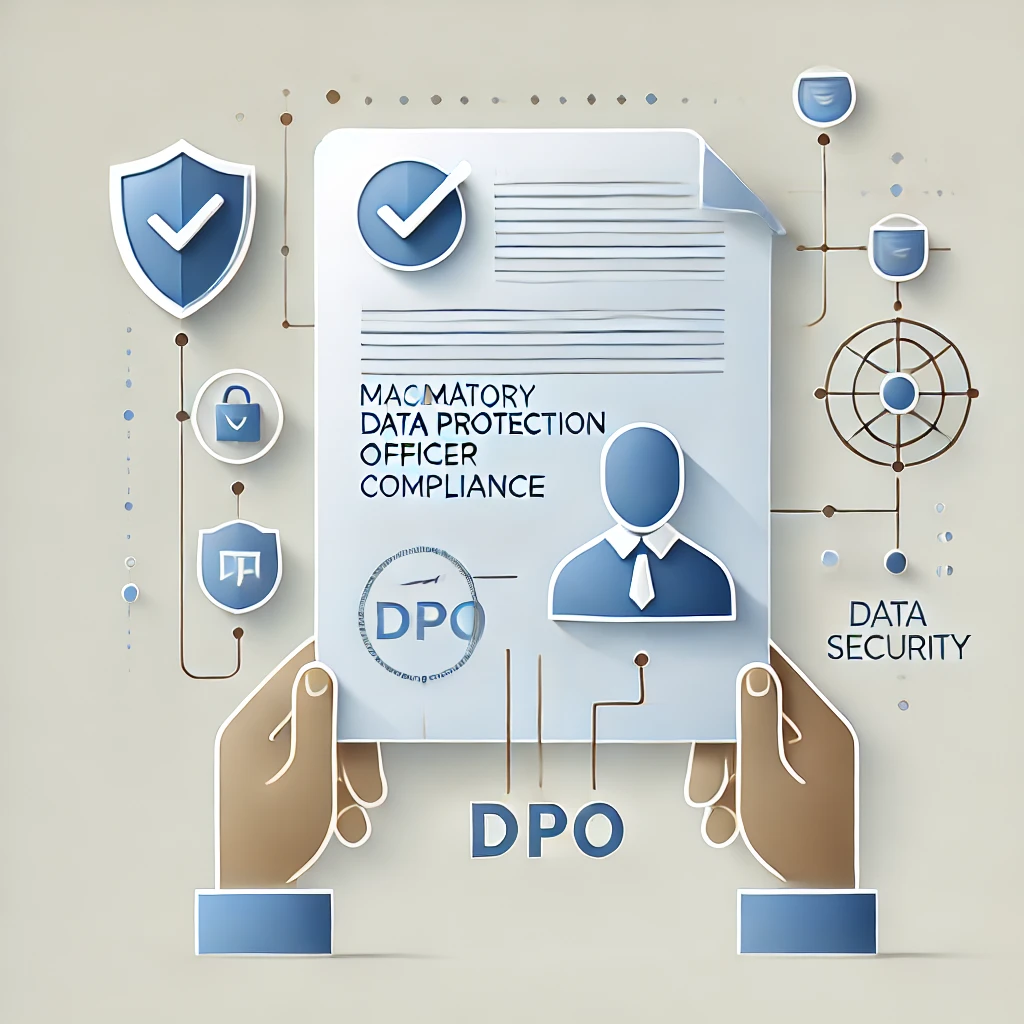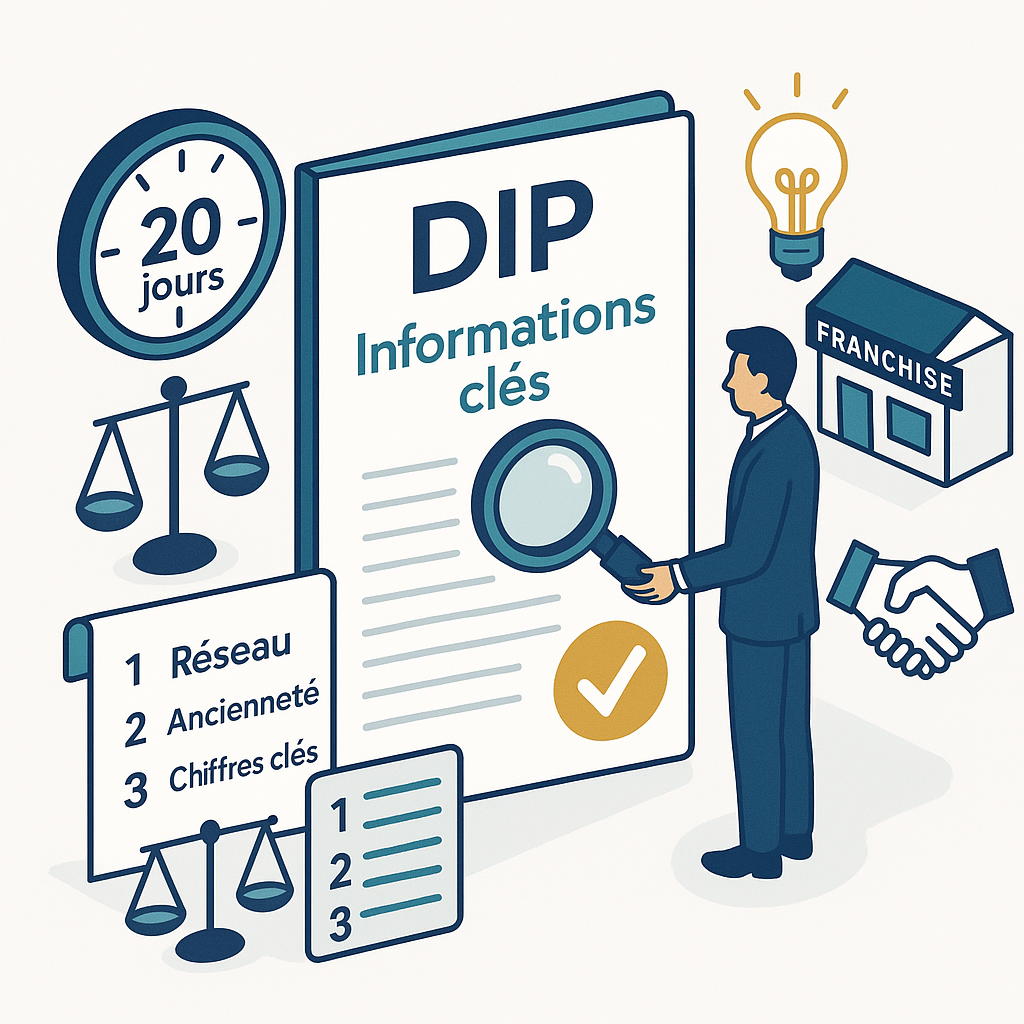In today's digital landscape, the issue of appointing a Data Protection Officer (mandatory DPO) is one that many organizations have to deal with, hence the importance of being supported by a DPO lawyer. This function, born with the General Data Protection Regulation (GDPR), reflects the growing importance of personal data protection in our connected society. As cyberthreats multiply and consumers become more sensitive to the protection of their privacy, some companies must imperatively appoint a DPO, while others may choose to do so voluntarily. The stakes go far beyond the regulatory aspect: they concern digital confidence and the very survival of organizations.
Public organizations: an obligation without exception
The first case is the easiest to identify: every public body must have a DPO. This rule applies uniformly, whether it's a small rural town hall or a government ministry. This obligation takes on its full meaning when we consider the sensitive nature of the citizen data handled daily by these structures. Imagine a local town hall: between civil registrations, school enrolments and town-planning files, every day it processes personal information that deserves rigorous protection.
In the education sector, for example, schools manage particularly sensitive data: students' medical records, complex family situations, school results, or even information on scholarships. A vocational high school must not only protect the personal data of its students, but also that of the partner companies that host its trainees. Here, the DPO plays a crucial role in setting up protocols adapted to these different situations.
Large-scale monitoring: a decisive criterion
The second case concerns organizations that regularly and systematically track people on a large scale. Beyond the digital giants that immediately spring to mind, this category encompasses players who are sometimes unsuspected. A national chain of gyms is a perfect example: by tracking thephysical activity of tens of thousands of members via its mobile app, it collects data on their training frequency, performance, location and even health goals. Similarly, a public transport company that analyzes its users' journeys via connected transport cards accumulates a considerable mass of data on their daily habits.
The notion of "large scale" deserves particular attention. It cannot be reduced to a simple numerical threshold, but takes several dimensions into account. A regional shopping center that tracks the purchasing habits of 50,000 loyal customers through its loyalty program is undeniably operating on a large scale. It analyzes not only the amounts spent, but also the types of products purchased and the times of day they visit, and uses this information for targeted marketing. By contrast, a medical practice monitoring 3,000 patients, although processing more sensitive data, does not reach this level. It's the combination of data volume, geographical scope and processing time that determines scale.
This notion also applies to e-commerce platforms, which personalize the experience of each visitor. These sites analyze browsing behavior, purchasing preferences and order histories in real time, in order to offer tailor-made recommendations. A merchant site handling several million visits a month clearly falls into the category of large-scale tracking, requiring the appointment of a DPO.
Sensitive data: a special responsibility
The third case involves organizations handling sensitive data or data relating to criminal offences on a large scale. Healthcare establishments are the most obvious example, but the scope extends far beyond this. A pharmaceutical company conducting clinical trials on thousands of patients needs to protect not only the medical data collected, but also genetic information and test results. A start-up developing connected health applications, even if it has relatively few users, handles particularly sensitive health data requiring enhanced protection.
Law firms specializing in criminal law are a special case. They handle extremely sensitive information concerning offenses, convictions, but also the private lives of their clients. The absolute confidentiality of this data is crucial not only to protect privacy, but also to guarantee the rights of the defense.
Biotech companies deserve special attention. Their research into DNA and genetic data touches on the most intimate aspects of a person's identity. A genetic research laboratory working on predispositions to hereditary diseases handles information whose disclosure could have dramatic consequences for the people concerned.
Core business: a key valuation concept
The notion of"core business" plays a decisive role in assessing the obligation. For a biotech company that bases its research on the analysis of genetic data, this activity clearly constitutes its core business. The same applies to an insurance company that bases its pricing decisions on the systematic analysis of its customers' risk profiles.
On the other hand, an industrial company that collects customer data solely for invoicing purposes does not make this its core business. Similarly, a construction company that uses payroll software to manage its employees' salaries does not make the processing of personal data its core business. This fundamental distinction ensures that the obligation to appoint a DPO is not applied too broadly.
Adapted alternatives for other organizations
Companies not subject to the obligation to appoint a DPO have several options for effectively managing their data protection challenges. Appointing an in-house RGPD referent is a popular solution. This employee, specially trained in data protection issues, can coordinate compliance efforts while maintaining his or her other responsibilities. An SME in the manufacturing sector could, for example, entrust this role to its legal manager or information systems director, after appropriate training.
Another pragmatic approach is to use external consultants. These experts can be brought in on an ad hoc basis for specific assignments: compliance audits, implementation of procedures, management of sensitive projects. This solution offers great flexibility and access to cutting-edge expertise without the cost of a permanent position. A medium-sized company could, for example, call in a consultant to structure its compliance approach, then maintain the system in-house with more limited resources.
The concrete risks of non-compliance
Failure to comply with the obligation to appoint a DPO can have a cascading effect on an organization. Financial penalties are the tip of the iceberg: with fines of up to 10 million euros or 2% of worldwide sales, the financial impact can be devastating. A recent case in point: a medium-sized company in the retail sector saw its annual profit swallowed up by a CNIL sanction, not only for the absence of a DPO, but also for the resulting failure to protect its customers' data.
The damage goes far beyond the purely financial. Reputational damage can have lasting effects on a company's business. In a market where digital trust is becoming a decisive criterion of choice, a company nabbed for non-compliance with the RGPD quickly sees its commercial relations deteriorate. Business partners, concerned about their own compliance, are reluctant to maintain relations with an organization that fails to meet its data protection obligations.
The CNIL also has the power to order the suspension of data processing, a measure that can partially or totally paralyze a company's activity. Imagine an e-commerce site forced to cease all customer data collection: no more new accounts, no more order tracking, no more purchase history. This operational paralysis can rapidly jeopardize the very survival of the company.
The DPO as a strategic investment
Appointing a Data Protection Officer is much more than just a matter of ensuring compliance: it's a genuine strategic investment in your organization's future. Faced with the rise ofartificial intelligence, which raises unprecedented questions in terms of data protection, the DPO becomes an indispensable guide. His expertise enables him to anticipate the challenges posed by new technologies such as theInternet of Things, voice assistants and facial recognition systems.
Let's take the example of a company developing connected home automation solutions. The DPO intervenes right from the design phase to ensure that connected objects comply with the "Privacy by Design" principle. He assesses the risks associated with the collection of sensitive data in the home, proposes appropriate encryption solutions and defines data retention policies that respect users' privacy.
In the financial sector, the emergence of blockchain and crypto-asset technologies is creating new data protection challenges. The DPO helps institutions navigate these new waters, reconciling technological innovation with respect for customers' fundamental rights. His expertise makes it possible to identify emerging risks and adapt practices before they become problematic.
A profound cultural transformation
Beyond the technical and regulatory aspects, the DPO drives a genuine cultural transformation within the organization. His educational role is essential: he translates the complex requirements of the RGPD into concrete practices that everyone can understand. In a services company, for example, he trains sales teams in the ethical collection of customer data, raises marketing awareness of the limits of profiling, and supports developers in integrating privacy principles right from the design stage.
This cultural evolution is also evident in relations with external stakeholders. Companies with a DPO demonstrate their commitment to ethical data management, which strengthens their market position. A banking institution that clearly communicates its data protection practices, under the supervision of its DPO, gains the trust of its customers in a sector where confidentiality is paramount.
The future belongs to those organizations that have succeeded in making the protection of personal data a differentiating asset. In a world where data leakage scandals regularly hit the headlines, the presence of a DPO testifies to a serious commitment to privacy protection. Companies that understand this not only meet their legal obligations: with the help of their DPO, they build a genuine digital trust strategy that sets them apart from the competition in the long term.




